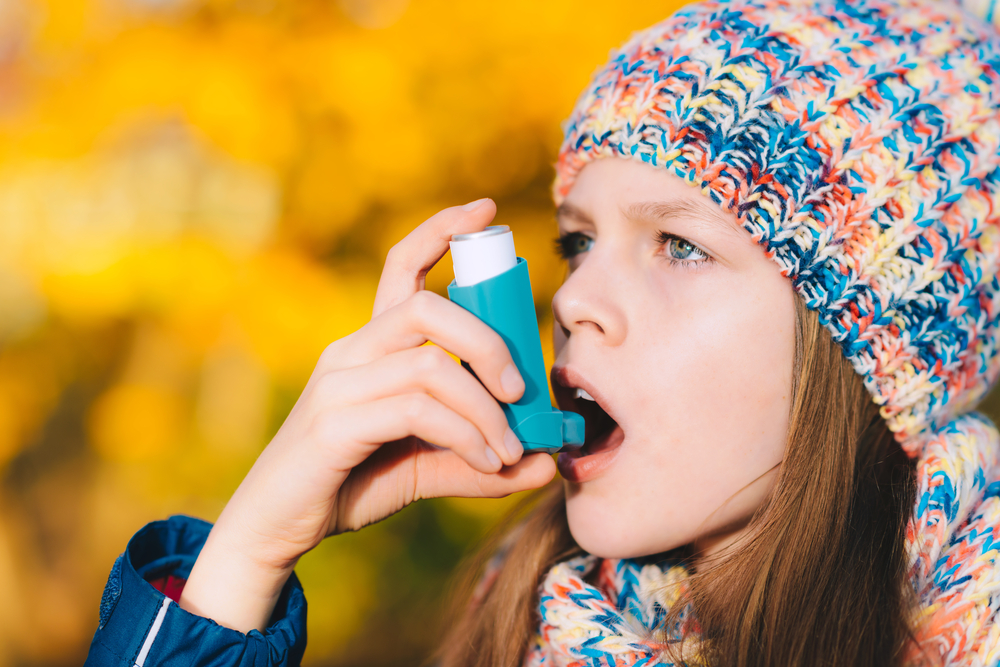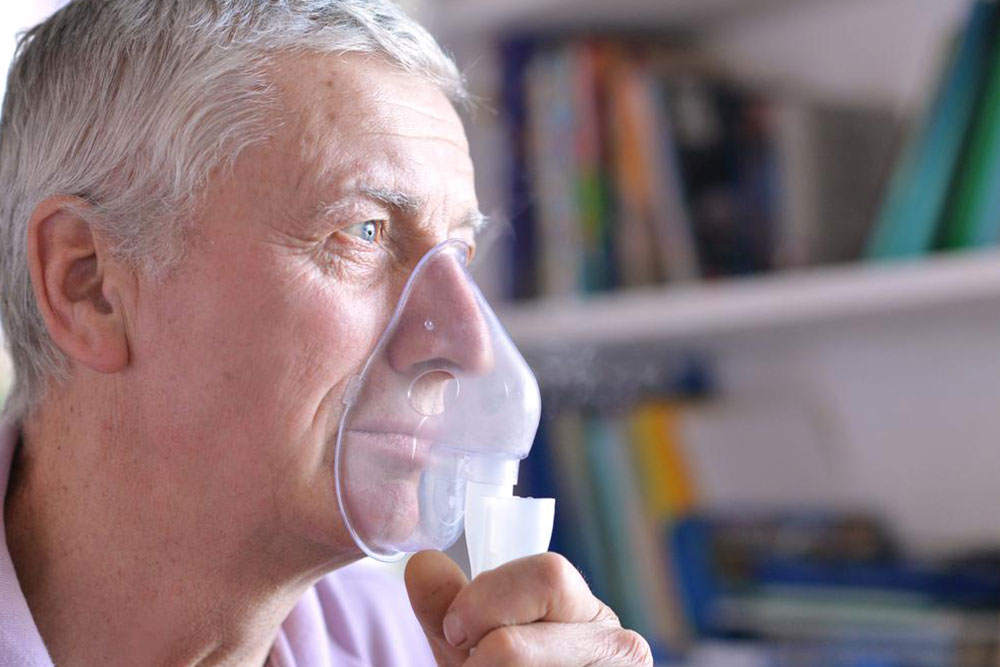Comprehensive Guide to Managing Chronic Bronchitis Effectively
Discover effective management strategies for chronic bronchitis, including lifestyle adjustments, natural remedies, and medical treatments. Learn how hydration, nutrition, air humidification, pulmonary rehab, and medications can significantly improve your quality of life and respiratory health. This comprehensive guide provides valuable insights into controlling symptoms and preventing further lung damage, helping you regain control over this persistent condition with practical, evidence-based methods.

Comprehensive Strategies for Managing Chronic Bronchitis Effectively
Chronic bronchitis is a long-term condition characterized by persistent inflammation of the bronchial tubes, which are vital airways within the lungs. This condition leads to symptoms such as a prolonged cough, mucus production, wheezing, and sore throat. While the disease itself is non-contagious when caused by non-infectious factors like pollution and smoking, infections caused by bacteria or viruses can spread and complicate the condition. Managing chronic bronchitis effectively requires a combination of medical treatment, lifestyle adjustments, and natural remedies. In this extensive guide, we will explore all proven strategies to help you cope with this condition, improve your quality of life, and prevent further lung damage.
Effective management of chronic bronchitis involves multiple approaches. These include staying properly hydrated, maintaining a nutritious diet, using air humidifiers, incorporating rehabilitative practices, and seeking medical interventions when necessary. Here are some of the most effective strategies to manage this condition, complemented by lifestyle modifications that can significantly improve your respiratory health and overall well-being:
Hydration: Essential for Respiratory Health
Adequate fluid intake is crucial for thinning mucus in the bronchial passages, which helps facilitate easier coughing and mucus expulsion. Patients experiencing frequent coughing or mucus buildup should prioritize drinking water throughout the day. Hydration not only eases breathing difficulties but also helps prevent infections by flushing toxins from the body. Warm fluids such as herbal teas, broths, and lemon water can offer additional soothing effects to irritated airways.
Optimized Nutrition Support
Incorporating anti-inflammatory and immune-boosting foods into your diet can naturally alleviate symptoms. Foods like ginger, lemon, honey, almonds, and bay leaves have properties that soothe inflamed airways and enhance respiratory defenses. Ginger contains compounds that reduce inflammation, while honey is known for its soothing effect on the throat. Lemon provides vitamin C to support immune health, and nuts like almonds supply essential nutrients to promote healing and vitality.
Air Humidification and Environment Control
Using humidifiers or vaporizers adds moisture to indoor air, which is especially beneficial during dry seasons or in air-conditioned environments. Increased humidity prevents airways from drying out, reduces bronchial irritation, and makes breathing easier. It’s important to regularly clean devices to prevent mold growth and bacterial proliferation. Also, avoid exposure to cold, dry air, and pollutants whenever possible by staying in well-maintained, ventilated spaces.
Rehabilitation and Lifestyle Modifications
Enrolling in pulmonary rehabilitation programs can have a profound impact on managing chronic bronchitis. These programs combine breathing exercises, physical activity, nutritional counseling, and education about disease management. Breathing exercises such as diaphragmatic and pursed-lip breathing help strengthen respiratory muscles and improve airflow. Quitting smoking is the most significant lifestyle change; cessation reduces further lung damage and enhances treatment outcomes. Regular exercise, guided by a healthcare professional, increases lung capacity and general stamina. Maintaining a healthy weight and avoiding respiratory irritants are key to improving disease progression.
Oxygen Therapy in Advanced Cases
For those with severe airflow restrictions or low blood oxygen levels, supplemental oxygen therapy may be essential. This treatment helps maintain adequate oxygenation, reduces fatigue, and prevents complications such as pulmonary hypertension. Oxygen therapy should always be administered under medical supervision, with proper equipment and routine monitoring to avoid potential side effects like dryness or oxygen toxicity.
Rest, Comfort, and Symptom Management
Prioritize rest and minimize physical exertion during flare-ups. Sitting in steamy environments, such as inhaling vapors or steam from a bowl of hot water, can soothe irritated airways. Sleep near humidifiers or in a well-humidified room to support restful breathing at night. Using supportive pillows to elevate the head while sleeping can also help reduce coughing and dyspnea. Adequate sleep and relaxation are critical for immune function and overall recovery.
In addition to natural and lifestyle strategies, medications play an important role in managing chronic bronchitis. These include bronchodilators, corticosteroids, antibiotics for bacterial infections, and vaccines like the flu shot or pneumococcal vaccine to prevent respiratory infections. It is imperative to consult healthcare professionals before initiating any medical therapy. Tailoring treatment plans to individual needs ensures better control of symptoms, reduces exacerbations, and prevents disease progression. Regular check-ups, lung function tests, and patient education are fundamental components of comprehensive management.





